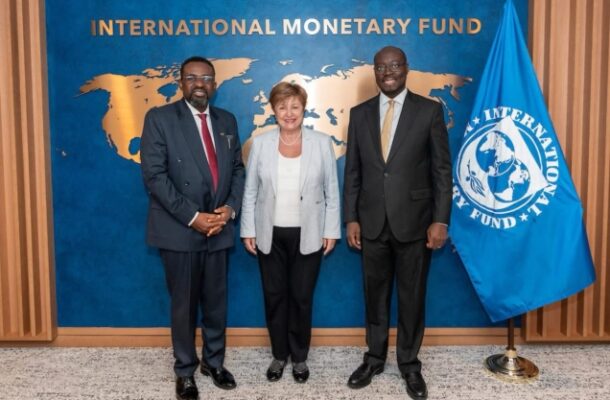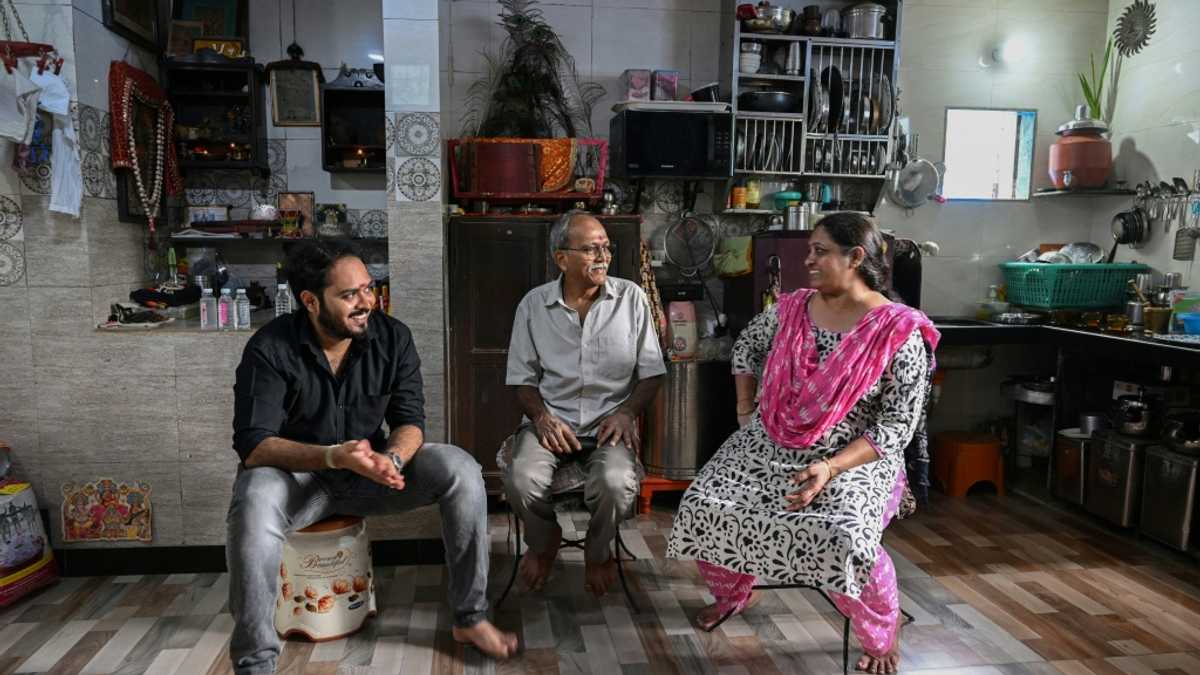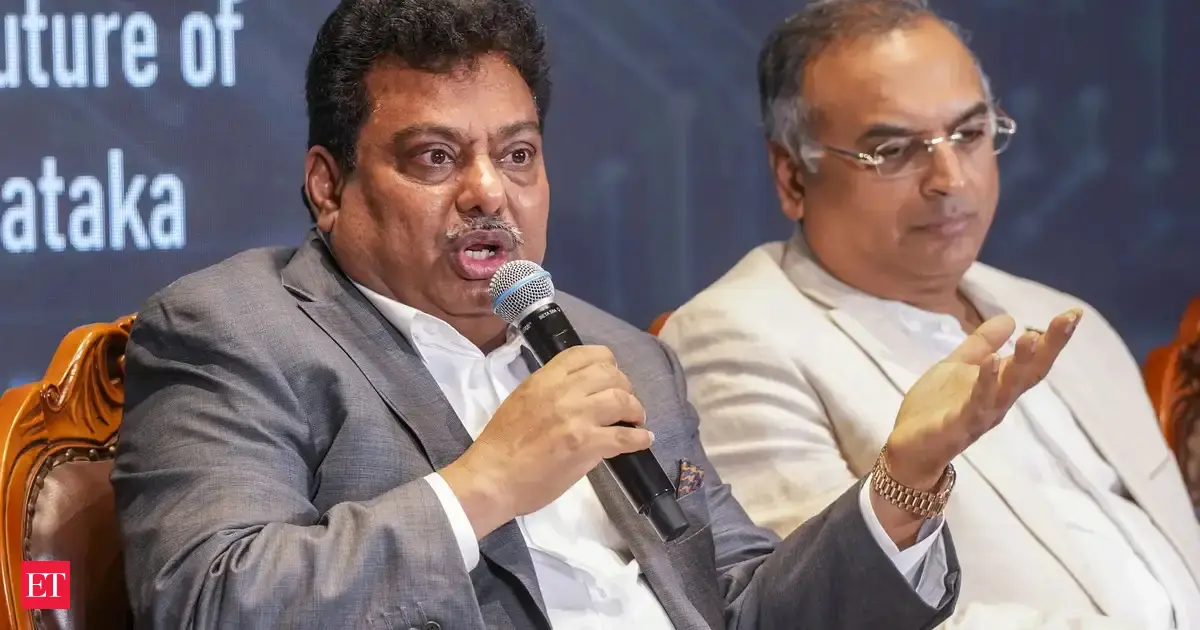By Prince Antwi
Copyright ghanaguardian

The International Monetary Fund (IMF) will today, September 29, commence its fifth review of Ghana’s economic performance under the ongoing Fund programme.
A full mission team led by Mission Chief Stéphane Roudet arrived in Accra over the weekend and is expected to spend two weeks engaging technical teams from the Ministry of Finance and the Bank of Ghana. The delegation will also hold separate meetings with Bank of Ghana Governor Dr. Johnson Asiama and Finance Minister Dr. Ato Forson.
According to Joy Business sources, unresolved arrears clearance will dominate the discussions, as government has yet to complete audits of last year’s spending on construction and public projects.
Other areas of focus are expected to include: The adequacy of the Bank of Ghana’s recent policy rate cuts amid sharply falling inflation. Progress on reserve build-up and dollar interventions. Revenue mobilisation shortfalls
Weak private banks requiring recapitalisation and the financial health of state-owned banks
Arrears accumulation in statutory funds. Social spending gaps
The mission will review economic data up to June 2025.
This review is the penultimate one before Ghana’s IMF programme concludes in May 2026, with the final assessment set for April 2026. Analysts describe the current mission as pivotal, warning that Ghana could face challenges maintaining fiscal discipline after exiting the programme. Some donor partners have suggested the introduction of “shock absorbers” to safeguard stability beyond the IMF arrangement.
Government, however, has downplayed such concerns, insisting that robust measures are already in place to ensure disciplined expenditure post-programme.
If successful, Ghana will receive about $360 million in October 2025, bringing total disbursements under the programme to approximately $2.3 billion.
The IMF Executive Board approved Ghana’s $3 billion Extended Credit Facility in May 2023. The programme is designed to restore fiscal sustainability through revenue mobilisation and efficient spending, protect vulnerable groups, and implement structural reforms in tax and energy. It also seeks to stabilise the financial sector, curb inflation, rebuild foreign reserves under a flexible exchange rate regime, and create conditions for private sector-led growth and job creation.



